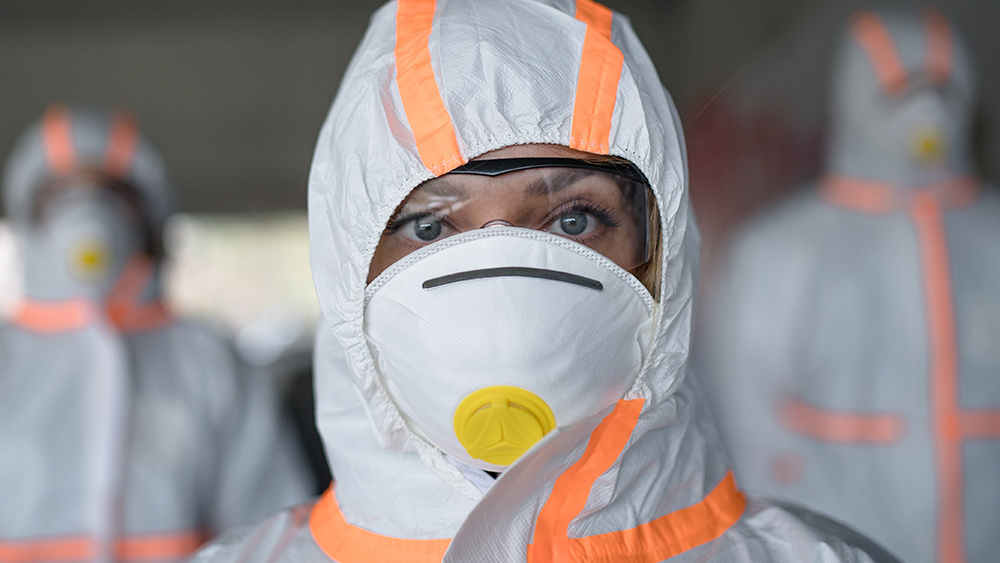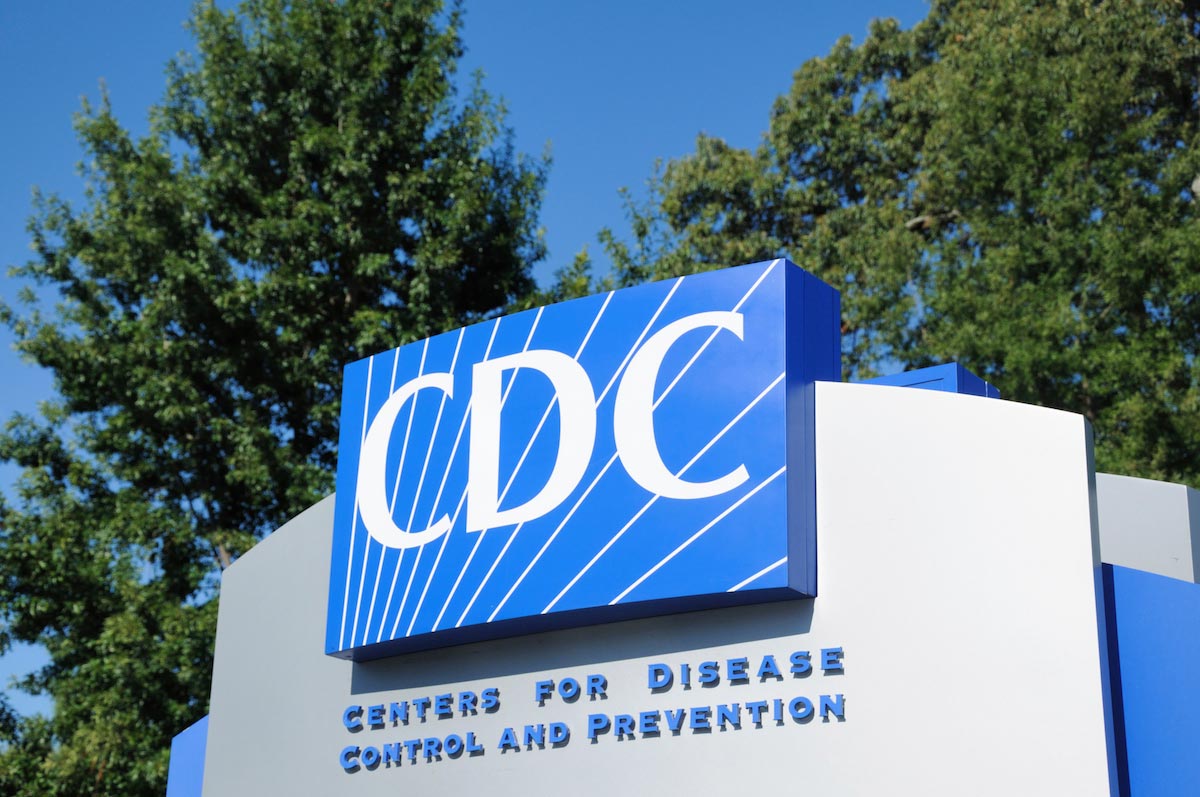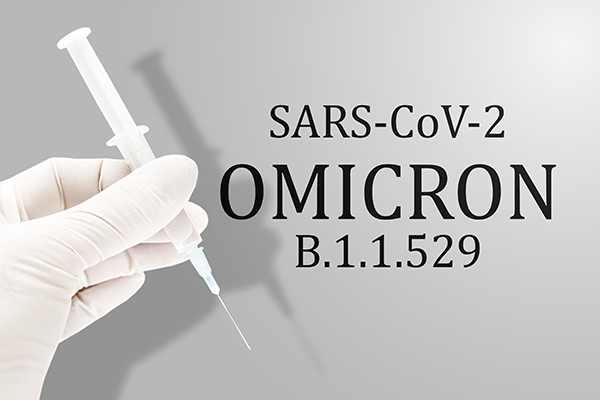Canines may hold the key to treating human cancers
12/02/2022 / By Olivia Cook

Some four million dogs in the U.S. are diagnosed with cancer every year.
Given that humans share many genes with dogs, canine cancers often mirror those that afflict humans. A field called comparative oncology, which is partly funded by the White House’s Cancer Moonshot Initiative, now seeks to observe similarities between canine and human cancers in the hope that treatments for canine companions could be used on cancer patients.
“Dogs live in our world. They get all the same diseases we do. They eat our food. They’re exposed to the same environmental pollutants,” said Elaine Ostrander, a senior geneticist at the National Institutes of Health (NIH).
“They also have all the same genes that we do. And they have mutations in those genes that make them susceptible to everything you and I get – whether it’s diabetes or cancer or neuromuscular diseases. Everything humans get, dogs get.”
According to Ostrander, some of the most promising genetic research in dogs involves cancer. She explained that some breeds get certain types of cancers more often. For instance, Scottish terriers are about 20 times more likely to get bladder cancer than the average mixed breed dog.
“If I were to look at a group of humans with bladder cancer, the story would be so much more complex,” the senior geneticist said. “There would be different genes in different populations. There’d be different mutations. Different contributions of environmental effects. So when I look in one breed, I get much simpler stories.”

Dogs are diagnosed with many of the same cancers found in humans, such as lymphoma, melanoma, brain cancer, breast cancer and the deadly bone cancer osteosarcoma. Aggressive and malignant, more than 10,000 dogs in the U.S. develop osteosarcoma every year. In humans, however, only about 1,000 develop this bone cancer every year – with mostly children and young adults getting it.
Experimental treatment for canine osteosarcoma uses foodborne bacteria
Fortunately, comparative oncology appears to have paid off – in the form of an experimental immunotherapy treatment of osteosarcoma using the foodborne bacteria Listeria monocytogenes. According to the Centers for Disease Control and Prevention, about 1,600 people get infected with L. monocytogenes and 260 die every year. However, trials have been ongoing for a treatment using a genetically modified (GM) strain of the bacteria since 2012.
“This is listeria [and it] causes food poisoning. [But] this particular listeria has been genetically modified so that it is far less virulent,” said veterinarian Dr. Nicola Mason of the University of Pennsylvania. The strain was modified to contain the protein HER2, which is also present in some osteosarcoma cells. (Related: Gotta love the love apple: It prevents osteosarcoma from spreading.)
Dogs with osteosarcoma injected with the bacteria had their immune systems awakened, which sickened them temporarily. It also awakened killer immune cells to patrol the body and destroy malignant cancer cells.
One golden retriever named Sandy, who had her front leg amputated due to osteosarcoma, joined a nationwide trial in 2018. The nine-year-old dog was given a life expectancy of around a year with amputation and chemotherapy. However, Mason said there’s no sign of cancer in Sandy four years on.
The results of the listeria trial in pet dogs showed a positive outcome. The canines “tolerated” the experimental immunotherapy and “it significantly increased duration of survival time.” These findings were submitted to the Food and Drug Administration, which approved a phase two clinical trial using the GM listeria to treat osteosarcoma in young adults and children.
For the latest in cancer research, visit Cancer.news.
Watch Adam Boyko discuss how to treat genetic diseases in animals on the “Finding Genius Podcast.”
This video is from the Finding Genius Podcast channel on Brighteon.com.
More related stories:
The truth about animal studies: Do they really model human health?
Animal testing could end in America by 2035, announces EPA.
What alternative animal testing really means.
Fiendish pharmaceutical animal testing does not help humanity.
Sources include:
Submit a correction >>
Tagged Under:
alternative medicine, animal health, animal studies, cancer treatments, canine cancers, comparative oncology, discoveries, GMO, health science, HER2 protein, human cancers, immunotherapy, listeria, osteosarcoma, research
This article may contain statements that reflect the opinion of the author




















